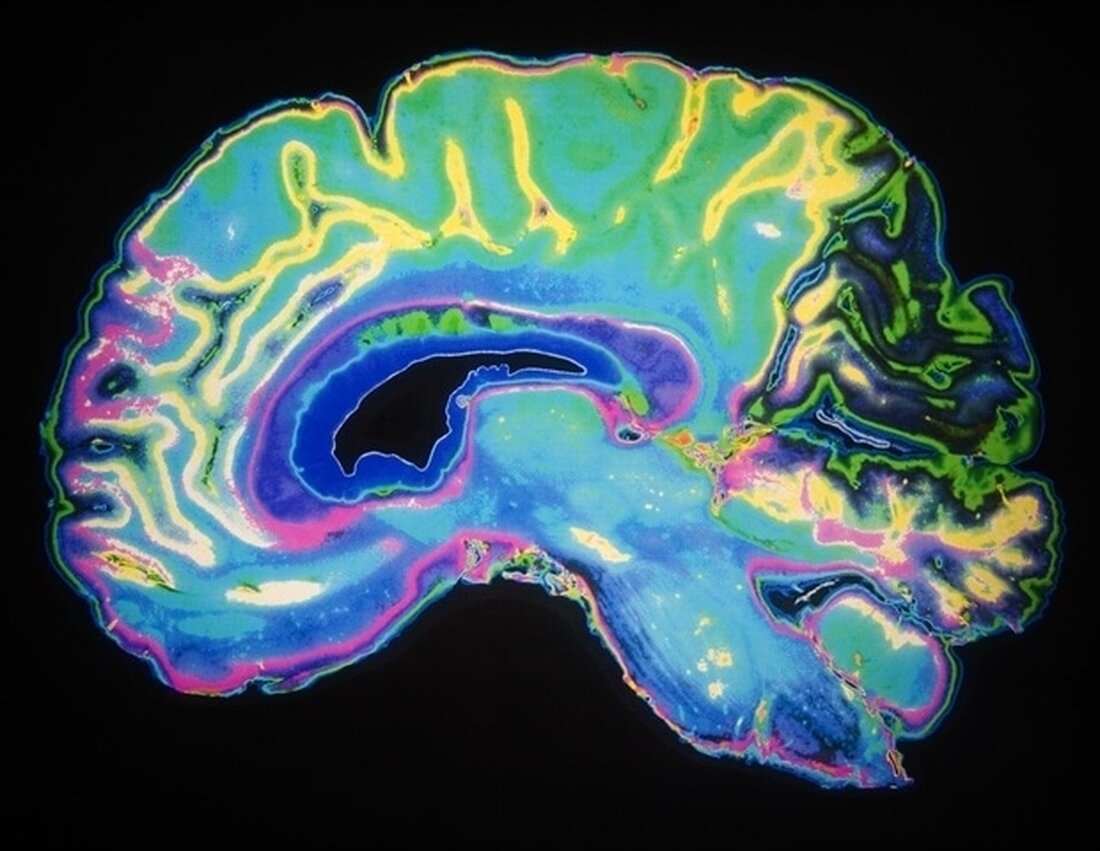Consuming more omega-3 fatty acids is associated with better brain health and cognition in middle age
New evidence suggests that consuming cold-water fish and other sources of omega-3 fatty acids may maintain brain health and improve cognition in middle age. Having at least some omega-3 fatty acids in red blood cells was associated with better brain structure and cognitive function in healthy volunteers in their 40s and 50s, according to a study published online Oct. 5 in Neurology®, the medical journal of the American Academy of Science, according to Neurology. Faculty at the University of Texas Health Science Center at San Antonio (UT Health San Antonio) and other researchers from the Framingham Heart Study conducted the analysis. …

Consuming more omega-3 fatty acids is associated with better brain health and cognition in middle age
New evidence suggests that consuming cold-water fish and other sources of omega-3 fatty acids may maintain brain health and improve cognition in middle age.
Having at least some omega-3 fatty acids in red blood cells was associated with better brain structure and cognitive function in healthy volunteers in their 40s and 50s, according to a study published online Oct. 5 in Neurology®, the medical journal of the American Academy of Science, according to Neurology. Faculty at the University of Texas Health Science Center at San Antonio (UT Health San Antonio) and other researchers from the Framingham Heart Study conducted the analysis.
Studies have examined this association in older populations. “The new contribution is that if you eat a diet that contains some omega-3 fatty acids, you will protect your brain at a younger age from most of the signs of brain aging that we see in middle age,” said
Claudia Satizabal, PhD, assistant professor of population health sciences, Glenn Biggs Institute for Alzheimer’s and Neurodegenerative Diseases, UT Health San Antonio
Satizabal is the lead author of the study.
The average age of the volunteers was 46 years. The team examined the association of omega-3 fatty acid concentrations in red blood cells with MRI and cognitive markers of brain aging. Researchers also examined the effect of omega-3 levels in red blood cells in volunteers who were carriers of APOE4, a genetic variation associated with a higher risk of Alzheimer's disease.
The study of 2,183 dementia- and stroke-free participants found the following:
- Ein höherer Omega-3-Index war mit größeren Hippocampusvolumina verbunden. Der Hippocampus, eine Struktur im Gehirn, spielt eine wichtige Rolle beim Lernen und Gedächtnis.
- Der Verzehr von mehr Omega-3-Fettsäuren war mit einem besseren abstrakten Denken oder der Fähigkeit verbunden, komplexe Konzepte mithilfe logischen Denkens zu verstehen.
- APOE4-Träger mit einem höheren Omega-3-Index hatten weniger Erkrankungen der kleinen Gefäße. Das APOE4-Gen wird mit Herz-Kreislauf-Erkrankungen und vaskulärer Demenz in Verbindung gebracht.
The researchers used a technique called gas chromatography to measure the concentrations of docosahexaenoic acid (DHA) and eicosapentaenoic acid (EPA) in red blood cells. Omega-3 index was calculated as DHA plus EPA.
“Omega-3 fatty acids such as EPA and DHA are important micronutrients that strengthen and protect the brain,” said study co-author Debora Melo van Lent, PhD, a postdoctoral fellow at the Biggs Institute. "Our study is one of the first to observe this effect in a younger population. Further studies in this age group are needed."
The team divided the participants into those who had a very low concentration of omega-3 in red blood cells and those who had at least a little or more. “We saw the worst results in people who had the lowest omega-3 consumption,” Satizabal said. "So that's something interesting. Although the more omega-3, the greater the brain benefits, you just have to eat some of it to see the benefits."
Researchers don't know how DHA and EPA protect the brain. One theory is that neurons (nerve cells) become unstable when replaced with other types of fatty acids because these fatty acids are needed in the membrane of neurons. Another explanation could be related to the anti-inflammatory properties of DHA and EPA. "It's complex. We don't understand everything yet, but we show that if you increase your consumption of omega-3 fatty acids even a little, you're somehow protecting your brain," Satizabal said.
It is encouraging that DHA and EPA also protected the brain health of APOE4 carriers. “It’s in genetics, so you can’t change it,” said Melo van Lent, pointing out the vulnerability of this risk group. “So if there is a modifiable risk factor that can outweigh genetic predisposition, that is a big win.”
Source:
University of Texas Health Sciences Center at San Antonio
Reference:
Satizabal, CL, et al. (2022) Association between red blood cell omega-3 fatty acids and MRI markers and cognitive function in midlife: The Framingham Heart Study. Neurology. doi.org/10.1212/WNL.0000000000201296.
.

 Suche
Suche
 Mein Konto
Mein Konto
